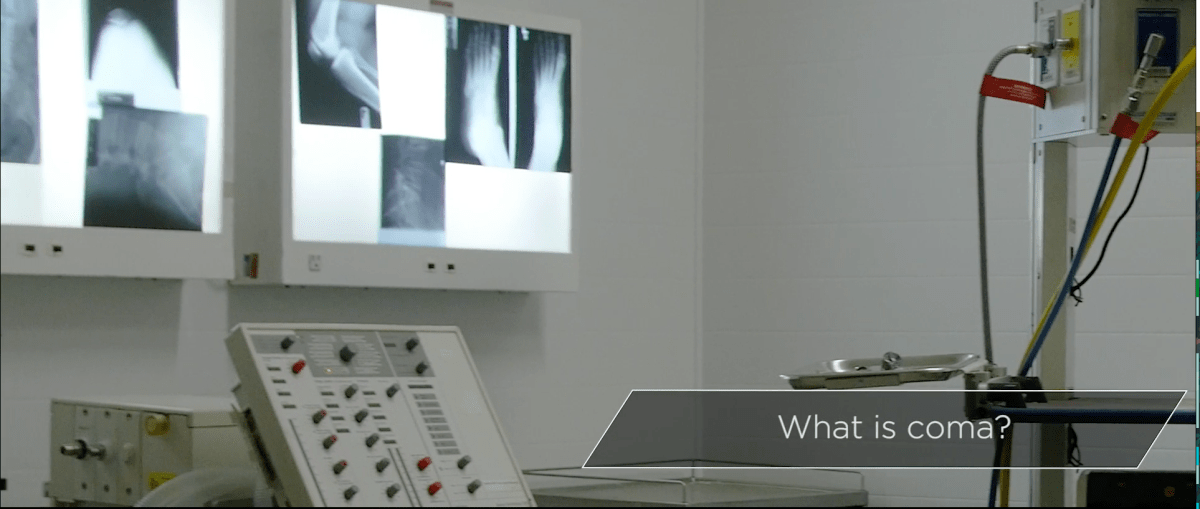Portable helmet could change the way brain injuries are assessed
A new transportable brain-scanning helmet called the PET (positron emission tomography) helmet could change the way doctors asses brain injuries right after they occur. Researchers at West Virginia University are working to put the new wearable devices to work, according to an article by The Guardian. The helmets would be used for rapid brain injury […]
A new transportable brain-scanning helmet called the PET (positron emission tomography) helmet could change the way doctors asses brain injuries right after they occur.
Researchers at West Virginia University are working to put the new wearable devices to work, according to an article by The Guardian. The helmets would be used for rapid brain injury assessment of stroke victims, athletes, soldiers on the battlefield and more.
The PET helmet is a miniaturized version of the hospital positron emission tomography (PET) scanner, a large doughnut-shaped machine which takes up a small room.
“Julie Brefczynski-Lewis, the neuroscientist leading the project at West Virginia University, said that the new helmet could dramatically speed up diagnosis and make the difference between a positive outcome and devastating brain damage or death for some patients,” the article reads.
Despite its small size, the new device produces remarkably detailed images that could help doctors to identify brain trauma early on. The helmet is currently in its testing phase, but could be released for clinical use in as little as two years.
Being able to spot signs of brain injury quickly can help doctors diagnose and treat patients early on, which means they can catch issues before they become more widespread and cause more damage.
For instance, the longer a stroke patient waits to be diagnosed, the more damage is caused.
“Depending on the brain region affected by stroke, a patient’s speech and language abilities could be saved or paralysis prevented,” the article reads. “In the future, the team said it may be possible to diagnose sports concussion ‘within minutes’.”
The wearable scanner works similar to a conventional PET scan. The patient would be injected with glucose tagged with a radioactive tracer. Radiation emitted by the tracer is captured by sensors on the helmet, which allows scientists to pinpoint which regions in the brain are metabolizing glucose most rapidly.
“The device, which can be worn while walking around could also enable scientists to study people’s mental patterns as they move about, socialize and respond to threats in their day-to-day environment,” the article reads.










Request Your Free eBook
Our office has provided information regarding the different types of Wisconsin Personal Injury Accidents that we have experience handling.
Wisconsin Accidents
Wisconsin Personal Injuries
Ready to get started?
Call us at 414-374-4444
Main Office Location
Rozek Law Offices, SC
3970 N Oakland Ave Ste 604
Milwaukee, Wisconsin 53211
Additional Client Meeting Location
Rozek Law Offices - Madison
2810 Crossroads Dr Ste 4046
Madison, Wisconsin 53718
Recent Blog Posts










